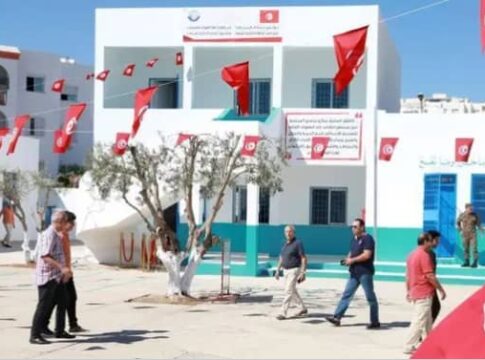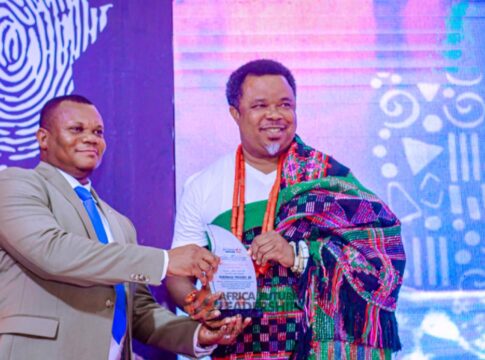Tunisia’s highly anticipated presidential election came to a close on Sunday, with incumbent President Kais Saied poised to secure a second term amidst a cloud of controversy and divided public opinion.
The electoral landscape was marked by the notable absence of major opposition candidates, many of whom were either barred from running or imprisoned. This led to calls for a boycott from various opposition factions, sparking heated debates among Tunisian citizens.
For some, casting their ballot was a sacred civic duty, a chance to shape the country’s future. “I wanted my family to understand the importance of participating in this election,” said one voter. “It’s crucial for our children to learn about democracy and citizenship.”
READ MORE: Kaduna Chef Oxman Francis Breaks World Record, Cooks For 50 Hours Non-Stop
Others, however, felt disillusioned with the process. The limited options on the ballot left many feeling that their voices wouldn’t be heard. “By not voting, we’re not giving up,” argued some. “We’re protesting a system that doesn’t represent us.”
Yet, there were those who passionately advocated for participation. “Abstaining from voting solves nothing,” emphasized another citizen. “We must exercise our right to choose, to show that Tunisians care about their country’s future.”
Almost 10 million Tunisians were eligible to vote, but the actual turnout remained uncertain due to the boycott calls. As the nation awaits the election results, tensions simmer beneath the surface.
President Saied’s administration has faced criticism for suppressing political competition, fueling concerns about the country’s democratic trajectory. The outcome of this election will undoubtedly shape Tunisia’s path forward, amidst hopes for stability, progress, and unity.
As Tunisians navigate this critical juncture, one thing is clear: the future of their nation hangs in the balance.




